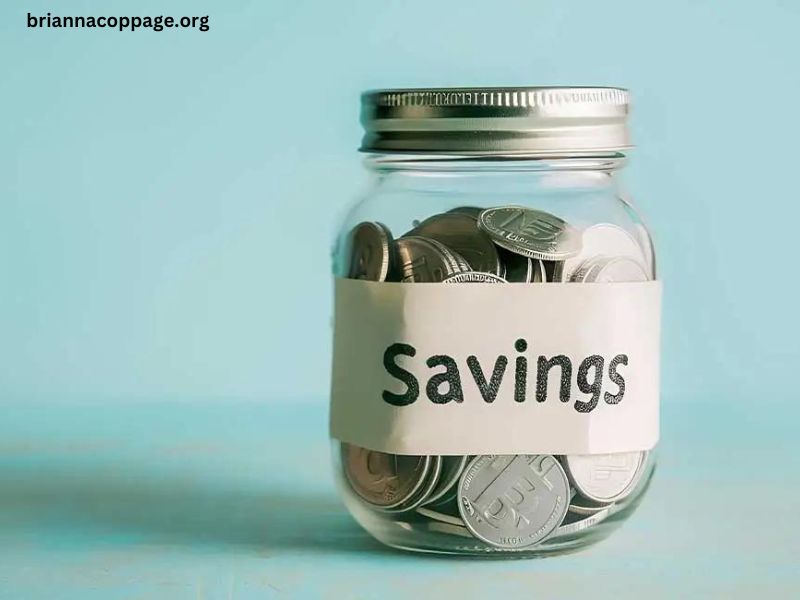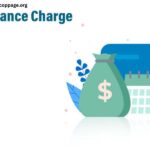Credit cards can be powerful financial tools when used wisely. They offer a range of benefits, from building credit scores to providing rewards and convenience. However, not all reasons for using a credit card are positive. Understanding the less favorable motivations for using credit can help consumers make informed financial decisions and avoid potential pitfalls. This article explores which reasons might not be considered positive when it comes to using credit cards to finance purchases.
Understanding Credit Card Basics
Before delving into the negative aspects, it’s essential to grasp how credit cards function. Credit cards allow consumers to borrow money up to a certain limit to make purchases. The cardholder is required to pay back this borrowed amount, typically on a monthly basis. Failure to do so can result in high-interest rates, fees, and damage to one’s credit score.
The Benefits of Using Credit Cards
Typically, credit cards come with several advantages:
- Building Credit History: Responsible use of credit cards can positively impact credit scores.
- Rewards Programs: Many credit cards offer cashback, points, or miles for purchases, incentivizing their use.
- Purchase Protection: Credit cards often provide buyer protection, fraud protection, and extended warranties on items purchased.
- Convenience: Credit cards allow for easy transactions without the need to carry cash.
- Emergency Fund: Having a credit card can provide a safety net in case of emergencies.
Negative Reasons for Using Credit Cards
While the benefits of credit cards are well-documented, not every reason for using a credit card to finance purchases is positive. Here are some of the less favorable motivations that consumers might consider when reaching for their credit cards.
1. Impulse Buying
One of the most common negative reasons for using a credit card is to facilitate impulse buying. The convenience of swiping a card can lead to unplanned purchases that exceed a consumer’s budget. Instead of making thoughtful decisions about spending, individuals may find themselves buying items they don’t need simply because they can afford to charge them to their card.
Why It’s Not Positive: Impulse purchases can lead to financial strain. When consumers rely on credit to fulfill their whims, they may accumulate debt that becomes difficult to manage, leading to a cycle of overspending and repayment stress.
2. Living Beyond One’s Means
Using a credit card to finance a lifestyle that one cannot afford is another troubling reason to rely on credit. Many people use credit cards to maintain appearances or to purchase high-ticket items without having the necessary funds.
Why It’s Not Positive: Living beyond one’s means can lead to significant financial problems, including debt accumulation and poor credit scores. This practice can create a cycle of dependency on credit that is hard to break, making it difficult to achieve long-term financial stability.
3. Failing to Pay Off Balances
Another negative reason for using credit cards is the belief that one can simply make the minimum payment and not worry about the balance. Some consumers use credit cards for large purchases with the intention of paying them off slowly over time, but this often leads to high-interest charges that can spiral out of control.
Why It’s Not Positive: Failing to pay off balances in full can lead to significant debt accumulation. The longer one carries a balance, the more interest accumulates, making it more challenging to pay off the original purchase. This practice can also hurt one’s credit score and financial well-being.
4. Seeking Instant Gratification
Many consumers use credit cards to satisfy immediate desires, opting for the convenience of credit over saving for a desired item. This instant gratification can lead to spending that doesn’t align with financial goals.
Why It’s Not Positive: Relying on credit for instant gratification can undermine the discipline required for sound financial management. This tendency can lead to dissatisfaction with finances in the long term, as the consumer ends up with debt rather than savings or investments.
5. Emotional Spending
Some individuals use credit cards as a coping mechanism for emotional distress. Shopping can provide temporary relief, leading to purchases made during periods of stress, sadness, or anxiety.
Why It’s Not Positive: Emotional spending often results in regret and guilt, compounding the emotional issues that prompted the spending in the first place. Furthermore, this behavior can lead to significant debt, negatively impacting one’s financial and mental health.
6. Misunderstanding Credit Terms
Many consumers don’t fully understand the terms of their credit cards, such as interest rates, fees, and grace periods. This lack of understanding can lead to reliance on credit without realizing the full implications.
Why It’s Not Positive: Misunderstanding credit terms can result in unanticipated costs and financial challenges. Consumers may find themselves caught off guard by high-interest charges or fees that negate any rewards they may have earned.
7. Relying on Rewards Without Strategy
Some consumers justify credit card use solely based on the rewards programs available. They may overspend to earn points or cashback without considering whether the benefits outweigh the costs.
Why It’s Not Positive: Chasing rewards can lead to imprudent spending habits. If consumers prioritize earning rewards over prudent financial management, they may end up with debt that exceeds any rewards gained, ultimately diminishing the value of those benefits.
The Long-Term Implications
The negative reasons for using credit cards to finance purchases can have lasting effects on one’s financial health. While credit cards can offer advantages, relying on them for poor reasons can lead to debt, stress, and a poor credit score. This can hinder future financial opportunities, such as securing loans for a home or a car.
Practical Strategies for Responsible Credit Card Use
- Create a Budget: Establish a budget that outlines how much you can spend and adhere to it.
- Pay Off Balances Monthly: Always strive to pay off your credit card balances in full to avoid interest charges.
- Use Credit for Planned Purchases: Only use your credit card for items you have budgeted for and can afford to pay off.
- Educate Yourself About Credit: Understand the terms of your credit card, including interest rates, fees, and rewards programs.
- Seek Help If Needed: If emotional spending or debt becomes overwhelming, consider speaking with a financial advisor or a mental health professional.
Conclusion
While credit cards can be useful for building credit and managing expenses, not all reasons for using them are positive. Impulse buying, living beyond one’s means, and emotional spending can lead to significant financial challenges. By recognizing these negative motivations and adopting responsible credit habits, consumers can leverage credit cards as beneficial tools rather than liabilities. Ultimately, informed and strategic use of credit can pave the way for financial success, enabling consumers to enjoy the benefits of credit without falling into its traps.






